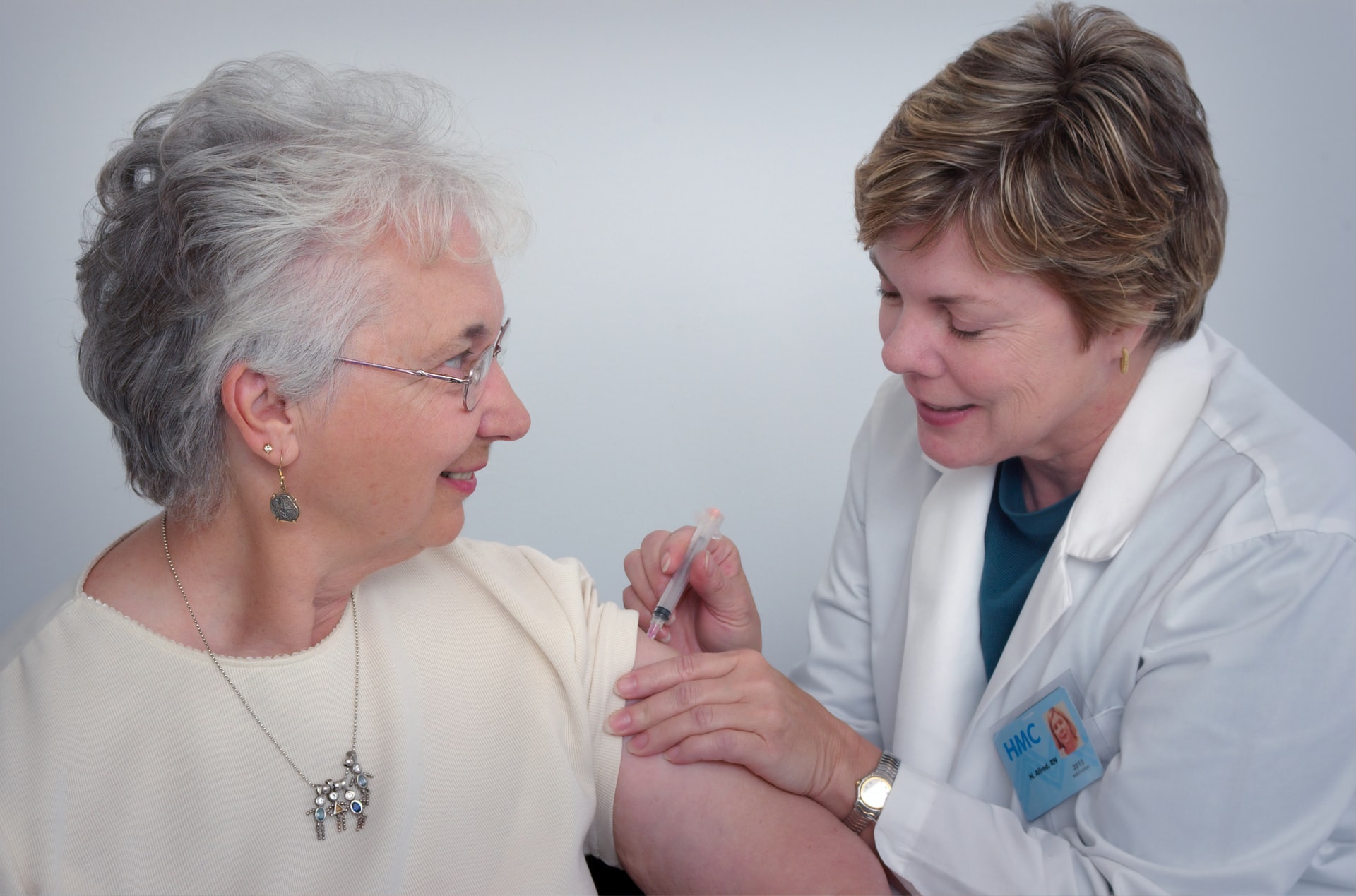A second booster shot will be available from mid-June for people who are at high risk of getting very sick from COVID-19.
The final decision on who is eligible will be made in the coming fortnight, but it will include the older population, residents of aged care facilities and disability care facilities, and severely immunocompromised people.
The SMC asked experts to comment on the news. Feel free to use the comments below in your reporting or follow up with the contact details provided.
Dr Janine Paynter, Senior Research Fellow, Faculty of Medical and Health Sciences, University of Auckland, comments:
“It is good news that access to a fourth dose will be extended to elderly, immunocompromised and disabled people. The fourth dose will boost antibody levels.
“Current evidence suggests only marginal benefits of a fourth dose in young, healthy people.”
Conflict of interest statement: “Some of my work on vaccines and infectious disease is funded by GlaxoSmithKline (GSK) a company that manufactures and sells pharmaceuticals including vaccines.”
Dr Dianne Sika-Paotonu, Immunologist, Associate Dean (Pacific), Head of University of Otago Wellington Pacific Office, and Senior Lecturer, Pathology & Molecular Medicine, University of Otago Wellington, comments:
“Research evidence available from the United Kingdom as part of the ongoing COV-Boost clinical trial involving 166 participants, has indicated a 2nd Covid-19 mRNA vaccine booster dose was well tolerated and improved the antibody and T-cell immune responses when given approximately 7 months after a 1st Covid-19 vaccine booster dose. Results from Israel also showed increased protection from infection and severe illness when a 2nd booster dose was utilised. The U.S. Food and Drug Administration has also authorized a 2nd Covid-19 booster dose for those aged 50 years and over and for immunocompromised individuals, with a gap of at least 4 months between the 1st Covid-19 booster dose.
“The risk of further waves of Covid-19 remains, and the actual COVID-19 community case figures are likely higher than those being reported currently – resulting from asymptomatic infection, the majority of new community cases are being detected by rapid antigen testing (RAT), and with reliance on self-reporting of results.
“Evidence clearly indicates Māori and Pacific peoples remain vulnerable to being disproportionately impacted and affected by Covid-19. Currently Pacific peoples currently make up 11% of Covid-19 cases and more than double, 27% of all hospitalisations. Inequities also remain evident with respect to vaccination and booster levels, and need to be addressed with equity approaches that build trust and reduce barriers for people.
“Even though Covid-19 vaccination levels have lifted across Aotearoa New Zealand, vigilance is still needed – especially for our vulnerable communities given that significant immunity gaps exist right now as we are move into the winter months. At this time Omicron is continuing to cause nationwide disruption across a number of areas and is still affecting hospitals, health and support systems, and impacting across our communities.
“Masks and proper ventilation within the education setting remain important for protection, particularly with children, tamariki and tamaiki aged 5-11 years still need to be vaccinated against Covid-19. People are also still in the process of getting Covid-19 boosters, with booster doses for the Covid-19 vaccine now readily available for 16-17 year olds in Aotearoa New Zealand.“
No conflict of interest declared.
Professor Nikki Turner, Director Immunisation Advisory Centre, University of Auckland, comments*:
“Overall vaccine effectiveness to severe disease is still high at six months after the first booster dose. However, there are signs of waning immunity particularly for those who are older and more immunocompromised.
“From the USA, data vaccine effectiveness against hospitalisation (i.e., against more severe disease) following a course of two doses plus a booster for adults over 50 years following three doses shows a drop off from 93 per cent (with confidence intervals 91-94 per cent) at 14 – 59 days post the last vaccine to 84 per cent (CI 81-87 per cent) at 4 – 6 months post the last vaccine.
“However, this drop off is more marked for immunocompromised individuals where vaccine effectiveness to prevent hospitalisation is around 50 per cent by 6 – 8 months post the last dose.
“A second dose adds a further level of protection for people 60 years and older. There is published data on the safety and effectiveness of using a second booster dose from Israel. One study of over 1.1 million people 60 years and older showed the fourth dose reduced the risk of confirmed infection by a factor of 2 (CI 2 – 2.1) and a reduction in severe infection by 4.3 (CI 2.4 – 7.6) compared to those who had not received a fourth dose. Those who received a second booster had a 78 per cent lower mortality rate from disease that those who only received one booster.
“A further Israeli study looked at over 1,000 healthcare workers over 18 years and showed there was a good safety profile with no unexpected or severe adverse events.”
Conflict of interest statement: Professor Turner is a member of the PITAG immunisation subcommiteee to Pharmac; Chair of NVC – the measles national verification committee for the Ministry of Health; a member of the CVTAG – COVID-19 Technical Advisory Group to the Ministry of Health; and a member of PHEAG – Strategic COVID-19 Public Health Advisory Group to the government. The Immunisation Advisory Centre (IMAC) has a contract with the Ministry of Health to deliver clinical advice, promotion, education and training to the healthcare sector for the national schedule vaccines and COVID-19 vaccines.
*NOTE: Professor Turner’s comments were updated with a small correction on Sunday, 29 May 2022.
